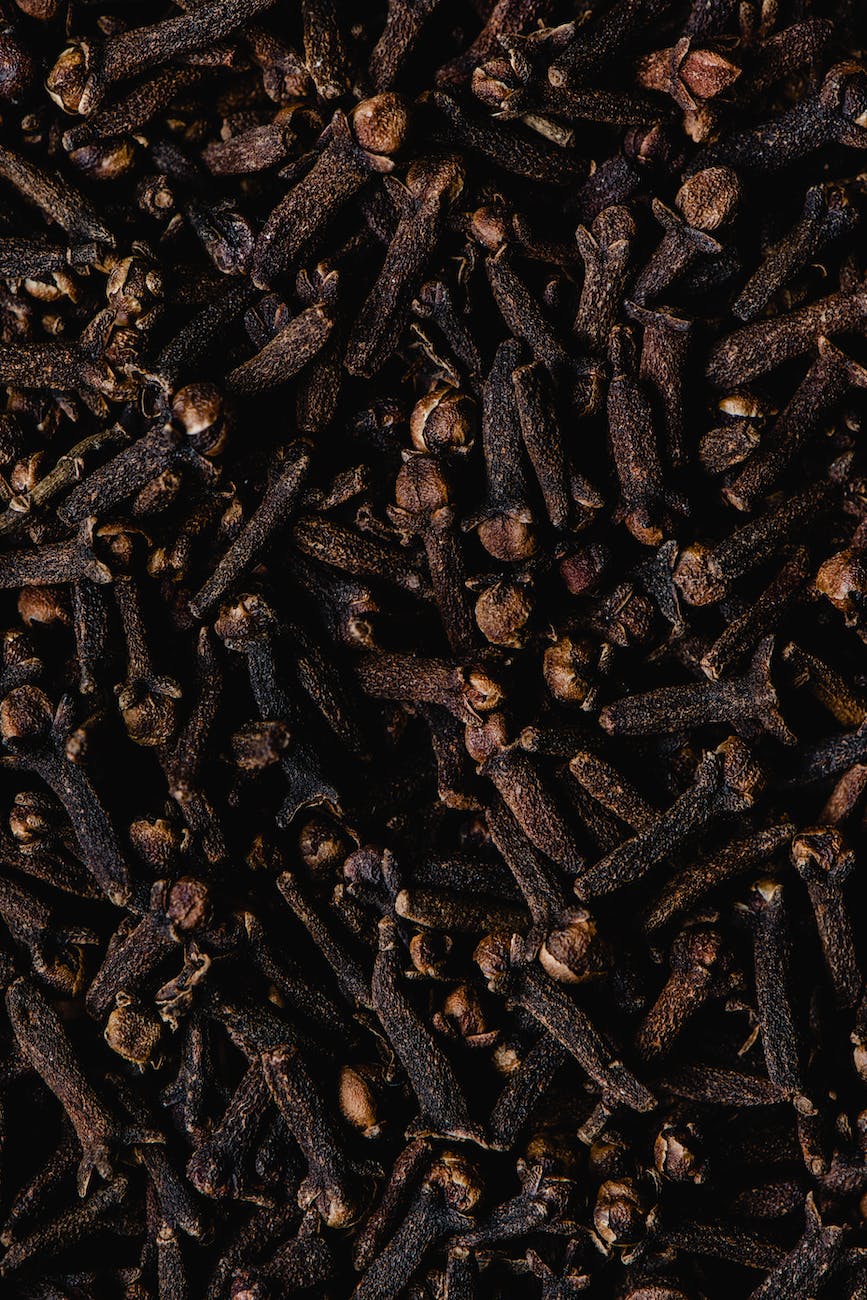
Title: The Nutritional Powerhouse: Unveiling the Vitamins in Mangoes
Introduction:
Mangoes, often referred to as the “king of fruits,” are not only delicious but also packed with a plethora of vitamins and nutrients. This tropical delight offers more than just a sweet taste; it’s a vitamin-packed powerhouse that can boost your health in various ways. In this article, we’ll delve deep into the vitamins present in mangoes and their associated health benefits.
1. The Vitamin Profile of Mangoes:
a. Vitamin A: The Vision Booster
- Role: Essential for vision, immune function, and skin health.
- Mangoes Contribution: Mangoes are a significant source of Vitamin A, which comes from its vibrant orange color indicating the presence of beta-carotene.
- Addressing the Query: Mangoes are among the top fruits that provide a substantial amount of Vitamin A.
b. Vitamin K: The Blood Clotting Master
- Role: Crucial for blood clotting and bone health.
- Mangoes Contribution: While not the highest, mangoes do contain a decent amount of Vitamin K.
- Addressing the Query: Mangoes have Vitamin K, but if you’re on medications like warfarin, it’s essential to monitor your Vitamin K intake.
c. Vitamin C: The Immunity Booster
- Role: Vital for immune function, skin health, and antioxidant properties.
- Mangoes Contribution: Mangoes are a good source of Vitamin C, making them great for boosting immunity.
- Addressing the Query: Yes, mangoes are a delightful way to get your daily dose of Vitamin C.
2. Mangoes: Beyond Just Vitamins
a. Mangoes and Weight Management
- Mangoes, when consumed in moderation, can be a part of a healthy diet. They provide dietary fiber, which can help in feeling full and aid in digestion.
b. Mangoes and Medications
- Mango and Warfarin: Due to its Vitamin K content, those on blood thinners like warfarin should consume mangoes in moderation and under guidance.
c. The Versatility of Mangoes
- Whether you’re enjoying them raw, in a smoothie, or as a tropical salad, mangoes are versatile and can be incorporated into various dishes.
3. Comparing Mangoes with Other Fruits:
a. Mango vs. Jackfruit
- While both are tropical fruits, their nutritional profiles differ. Jackfruit is also nutritious but has its unique set of vitamins and benefits.
b. Mango vs. Pears
- Pears are another fruit rich in dietary fiber and certain vitamins. However, when it comes to Vitamin A content, mangoes take the lead.
4. Mangoes: A Vitamin-Packed Powerhouse
Mangoes are not just about taste; they’re a treasure trove of vitamins. From Vitamin A to Vitamin K and Vitamin C, they offer a range of nutrients beneficial for our health. So, the next time you relish a juicy mango, remember you’re also giving your body a vitamin boost!
5. Mangoes for Skin: A Natural Glow Enhancer
a. Vitamin A for Skin Health
- Role: Vitamin A promotes healthy skin by producing and repairing skin cells. It also helps reduce wrinkles and combat acne.
- Mango’s Contribution: The significant amount of Vitamin A in mangoes can enhance skin health, giving it a natural glow and reducing skin issues.
- Tip: Applying mango pulp to the skin can act as a natural moisturizer.
b. Vitamin C: The Collagen Booster
- Role: Vitamin C aids in the production of collagen, a protein that helps keep our skin firm and youthful.
- Mango’s Contribution: With its rich Vitamin C content, mangoes can help in maintaining skin’s elasticity.
- DIY: A mango and honey face mask can rejuvenate and hydrate the skin.
6. Mangoes as an Antioxidant Powerhouse
a. Fighting Free Radicals
- Role: Antioxidants combat free radicals in the body, which can cause cellular damage leading to various diseases.
- Mango’s Contribution: Mangoes are rich in antioxidants like quercetin, isoquercitrin, and astragalin, which help in neutralizing free radicals.
- Health Tip: Consuming mangoes regularly can reduce oxidative stress and lower the risk of chronic diseases.
b. Mangoes and Heart Health
- Mangoes have a mix of potassium, Vitamin C, and fiber, which collectively support heart health. They can help in reducing LDL (bad cholesterol) levels, thus promoting a healthy heart.
7. Debunking Common Mango Myths
a. Mangoes and Weight Gain
- Myth: Eating mangoes leads to weight gain.
- Reality: While mangoes are calorie-dense, consuming them in moderation won’t lead to weight gain. It’s all about balance.
b. Mangoes and Diabetes
- Myth: Mangoes are not suitable for diabetics.
- Reality: Mangoes have a moderate glycemic index and can be consumed by diabetics in moderation. However, it’s always best to consult with a healthcare professional.
8. The Global Love for Mangoes: Different Varieties
Mangoes are not just an Asian delight. They’re loved globally and come in various varieties. From the sweet Alphonso in India to the tangy Ataulfo in Mexico, the world of mangoes is vast and flavorful.
9. Conclusion:
Mangoes are more than just a summer fruit. They’re a nutritional powerhouse, offering a range of vitamins and health benefits. Whether you’re looking to boost your skin health, get your dose of essential vitamins, or simply enjoy a delicious fruit, mangoes have got you covered. Embrace the king of fruits and let it work its magic on your health!
FAQs:
- What vitamins are predominantly found in mangoes?
- Mangoes are a rich source of vitamins, especially Vitamin A, C, and E. They also contain a modest amount of Vitamin K and several B vitamins.
- Is the Vitamin K content in mangoes high enough to affect blood-thinning medications?
- While mangoes contain Vitamin K, the amount is not significantly high. However, if you’re on blood-thinning medications, it’s always best to consult with your healthcare provider.
- How does the Vitamin A in mangoes benefit the body?
- Vitamin A, primarily present in mangoes as beta-carotene, is essential for vision, growth, and immune function. Regular consumption can help maintain good eyesight and boost immunity.
- Are mangoes a good source of Vitamin C?
- Absolutely! Mangoes provide a significant portion of the daily Vitamin C requirement, ensuring healthy immune function and aiding in iron absorption.
- Can eating mangoes help improve skin health?
- Yes, thanks to the Vitamin E content in mangoes, which acts as an antioxidant, helping combat UV damage and aiding in skin repair.
- I’ve heard mangoes can aid in weight loss. Is this true?
- Mangoes, when consumed in moderation, can be part of a healthy diet. They are rich in fiber, which can help you feel full. However, like any fruit, it’s essential to consume them as part of a balanced diet.
- What are the benefits of consuming mangoes regularly?
- Regular consumption of mangoes can boost immunity, improve digestive health, enhance skin quality, and provide essential vitamins and minerals to the body.
- Is the sugar content in mangoes a concern for diabetics?
- Mangoes have natural sugars. While they have a moderate glycemic index, it’s always best for diabetics to consume them in moderation and monitor their blood sugar levels.
- How do mangoes compare to other fruits in terms of vitamin content?
- Mangoes stand out particularly for their Vitamin A and C content. While other fruits also offer these vitamins, mangoes provide them in significant amounts, making them a top choice for these nutrients.
- Are there any risks associated with consuming too many mangoes?
- While mangoes are nutritious, consuming them in excess can lead to too much sugar intake. It’s always best to enjoy them as part of a balanced diet.
Blog Tags:
mango nutrition, vitamin content, Vitamin A, Vitamin C, Vitamin K, Vitamin E, mango benefits, skin health, immune boost, bone health, dietary fiber, mangoes and diabetes, natural sugars, king of fruits, mango varieties.










